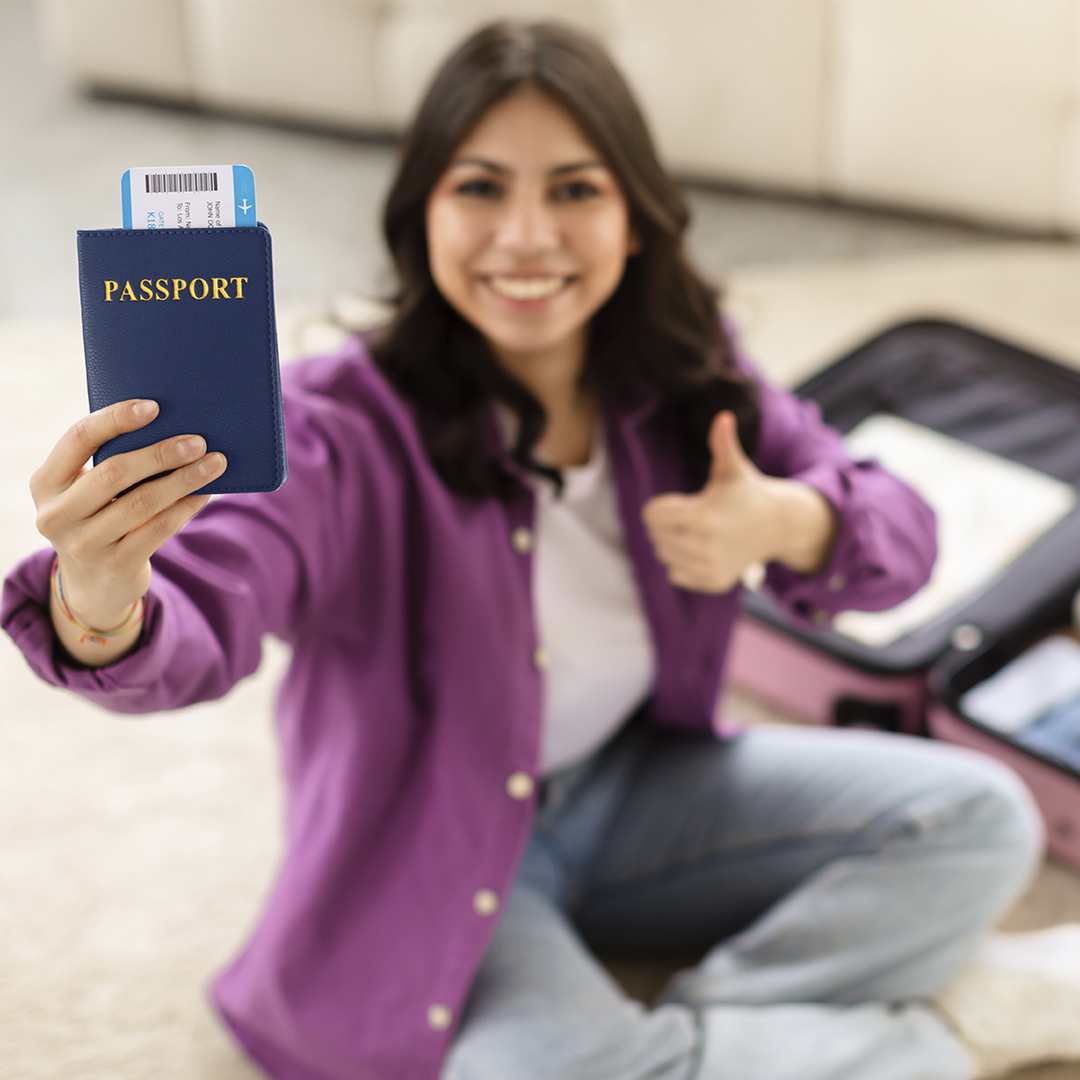Arriving in a new country to pursue higher education marks the beginning of an exciting and transformative journey. For international students heading to the United Kingdom (UK) or Canada, adapting to a new environment involves navigating through various practicalities to ensure a smooth transition. This blog serves as a comprehensive post-arrival checklist, guiding students through essential steps to take upon reaching their destination.
Introduction
Moving to the UK or Canada for studies entails more than just attending classes; it involves settling into a new life, understanding local systems, and adhering to legal requirements. This guide aims to assist international students in these crucial initial phases, providing them with the necessary information to ease their integration and enhance their experience abroad.
1. Immigration and Documentation
Upon arrival, one of the first priorities for international students is to complete immigration formalities. This typically involves presenting relevant documents to immigration officers at the airport.
2. Accommodation
Securing suitable accommodation is crucial for settling in comfortably. Many universities offer accommodation options for international students, but it’s essential to confirm arrangements or find temporary housing upon arrival.
Key Considerations:
- Pre-Arranged Accommodation: Confirm details and check-in procedures with your university or landlord.
- Temporary Housing: If permanent accommodation isn’t arranged, consider short-term rentals or temporary housing options.
- Signing Lease Agreements: Understand lease terms, payment schedules, and responsibilities as a tenant.
3. University Registration
After settling accommodation, the next step is to complete university registration. This process varies by institution but generally involves attending orientation sessions, submitting required documents, and obtaining your student ID card.
Registration Process:
- Orientation Sessions: Attend orientation events to familiarize yourself with campus facilities, academic programs, and student support services.
- Student ID Card: Obtain your student ID card, which grants access to campus buildings, libraries, and other facilities.
4. Health and Insurance
Maintaining good health is paramount, and understanding healthcare provisions in your host country is essential. In both the UK and Canada, international students typically need to register with a local doctor (General Practitioner – GP) and ensure they have appropriate health insurance coverage.
Healthcare Considerations:
- Registering with a GP (UK): Find a local GP and register with them to access healthcare services. Visit the NHS website for guidance on registering with a GP in the UK.
- Health Insurance (Canada): Depending on the province, international students may need to apply for provincial health insurance coverage (e.g., OHIP in Ontario). Check provincial health ministry websites for specific requirements.
5. Banking and Finances
Setting up a local bank account is essential for managing finances efficiently and accessing student discounts. Understanding the banking system and transferring funds from your home country are also important considerations.
Financial Management Tips:
- Opening a Bank Account: Research local banks and their offerings for international students. Bring necessary documents (passport, proof of address) when opening an account.
- Transferring Funds: Use secure and cost-effective methods to transfer funds from your home country to your local bank account.
6. Transportation
Familiarizing yourself with local transportation options facilitates easy commuting between campus, accommodation, and other destinations. Both the UK and Canada offer extensive public transportation networks with student discounts available.
Navigating Transportation:
- Public Transport Options: Learn about local buses, trains, and metro services. Obtain student travel cards or passes for discounted fares where applicable.
- Getting Around: Familiarize yourself with transport routes, schedules, and nearest stops to your accommodation and university campus.
7. Mobile Phone and Internet
Staying connected is crucial for communication and accessing essential services. Setting up a local mobile phone number and internet service ensures seamless connectivity throughout your stay.
Communication Essentials:
- Getting a SIM Card: Purchase a local SIM card for your mobile phone. Compare plans and choose one that suits your communication needs.
- Internet Service: Arrange for internet installation in your accommodation. Consider speed, data limits, and contract terms when selecting a provider.
8. Cultural Adjustment and Social Integration
Adapting to a new culture involves understanding local customs, norms, and social expectations. Engaging in campus activities and joining student clubs can help foster friendships and enrich your cultural experience.
Cultural Integration Tips:
- Social Engagement: Participate in university clubs, societies, and cultural events. These provide opportunities to meet new people and learn about different cultures.
- Understanding Etiquette: Respect local customs and etiquette. Observe social norms regarding greetings, dining etiquette, and personal space.
9. Academic Expectations and Resources
Familiarizing yourself with academic expectations and utilizing university resources support your academic success. From libraries to study groups, these resources enhance your learning experience.
Academic Preparation:
- Understanding Course Requirements: Review your course syllabus and familiarize yourself with assessment methods and deadlines.
- University Resources: Explore library services, academic support centers, and tutoring options available to students.
10. Legal and Safety Considerations
Understanding legal rights and safety protocols is crucial for a secure and enjoyable experience abroad. Know emergency contacts and procedures in case of any unforeseen circumstances.
Safety and Legal Tips:
- Emergency Contacts: Save emergency numbers for local police, ambulance, and university security services.
- Knowing Your Rights: Familiarize yourself with local laws and regulations affecting international students. Understand your rights as a tenant, employee (if applicable), and resident.
Conclusion
Embarking on a journey as an international student in the UK or Canada is both exciting and challenging. By following this post-arrival checklist and familiarizing yourself with essential steps, you can ensure a smooth transition and make the most of your educational experience abroad.
Additional Resources
For further information and resources, consider visiting the following official websites:
- UK Council for International Student Affairs (UKCISA)
- Citizenship and Immigration Canada (CIC)
- University international offices and student support services can also provide guidance and assistance tailored to your specific needs.
By staying informed and proactive, international students can navigate the initial challenges of settling into a new country with confidence and ease.



